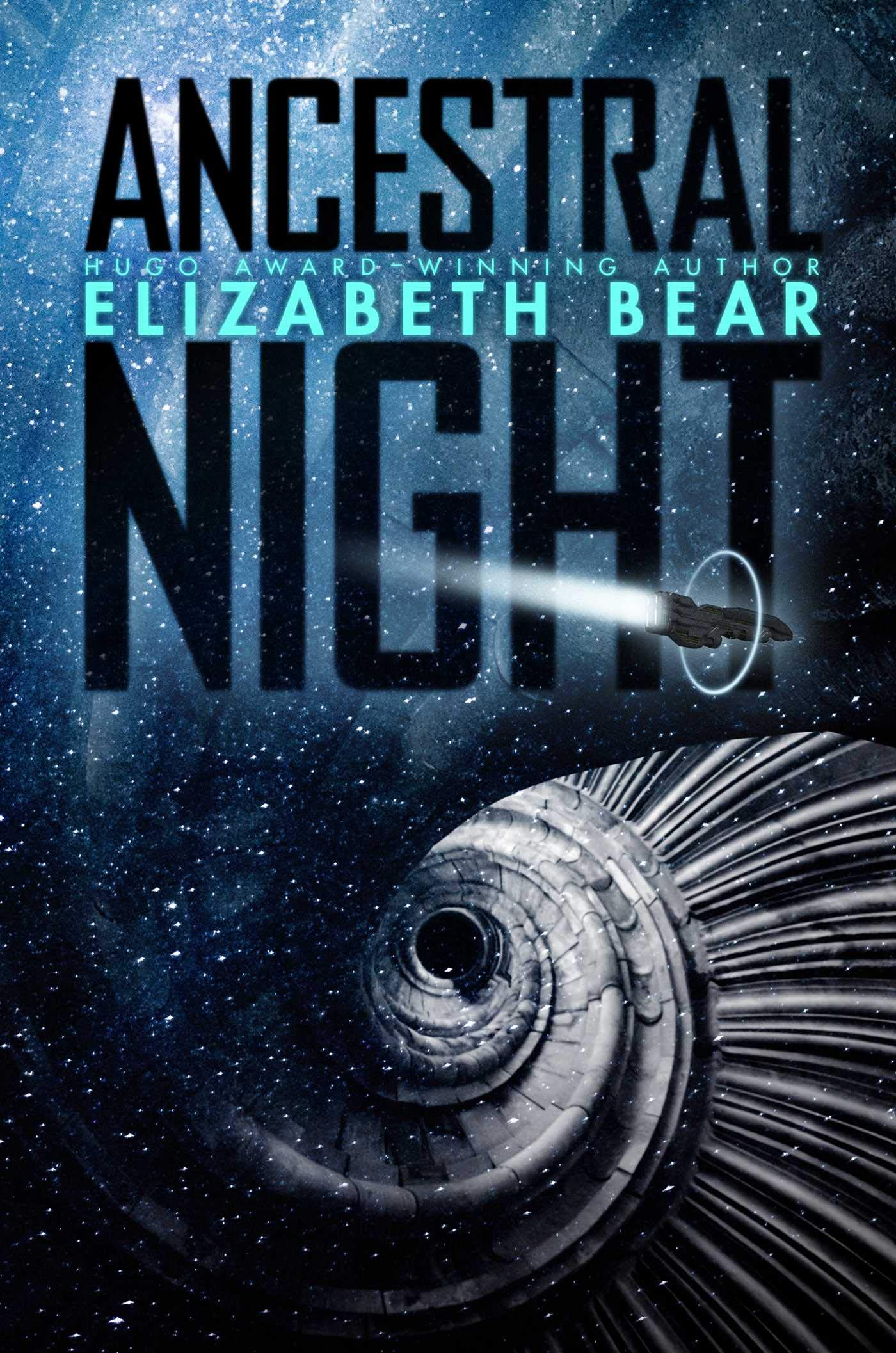Series Review: The Suitable 'Verse by R. Cooper
Greetings and welcome to Reviews That Burn: Series Reviews, part of Books That Burn. Series Reviews discuss at least three books in a series and cover the overarching themes and development of the story across several books. Full Audio Here Powerful noble families known as the beat-of-fours, answerable only to a ruler and the mysterious, godlike fae, scheme and squabble amongst themselves, and go to war for the chance to put one of their own on the throne. But the fae might be pulling more strings than the nobles realize and they definitely have their favorites. A series of love stories loosely centered around the political crisis that led to the current ruler, featuring oblivious librarians, crafty though loving kings, an innocent half-fae noble, a legendary outlaw turned conqueror, worried warriors, clever guards, and an infamous beauty. PUBLISHER: Independently Published LENGTH: ~1000 pages so far AGE: Adult GENRE: Fantasy, Romance RECOMMENDED: Highly Queer Rep Summary: m/m and m/m/...

Comments
Post a Comment